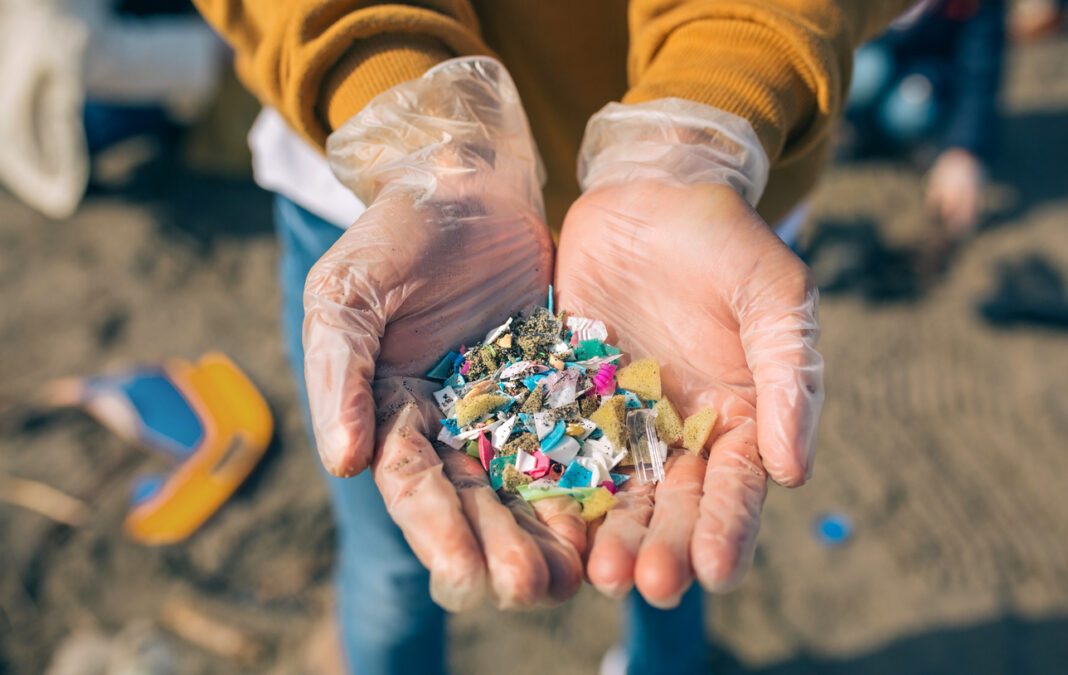The ACT Government has released a discussion paper to gauge public sentiment on the issue of reducing single-use plastics in the Territory.
The Government will explore the possible impacts of banning certain single-use items, and say they want to work with the community and industry to design solutions and understand what support may be required.
They will look to phase out single-use plastics over time to allow industry to explore options for suitable, sustainable alternatives.
Single-use plastic, commonly used for food packaging, includes items intended to be used only once before they are thrown away; the discussion paper seeks to engage the community on what exactly should be banned and excluded from Government action.
Items on the agenda to be banned include: plastic straws and stirrers; plastic cutlery; disposable plastic plates and cups; disposable plastic-lined coffee cups and lids; polystyrene (foam) plastic food containers and beverage cups; and light-weight fruit and vegetable bags, amongst other non-recyclable plastics.
Items proposed to be excluded from a ban at this time include: microbeads, which are already being phased out; plastic beverage containers; other plastic packaging (e.g. food packaging, consumer goods); sanitary items; nappies and incontinence products; reusable plastic bags above 35 microns in thickness, including ‘green bags’, ‘biodegradable’ and ‘compostable’ bags; and health related sterile items like syringes.
Minister for City Services Chris Steel said that while the ACT is forward thinking in regard to single-use plastic reduction, there is plenty more we can do.
“It is still commonplace to see takeaway shops continuing to use plastic-foam takeaway containers.
“Supermarkets also continue to sell plastic plates, cups and cutlery, when it seems like there are clear alternatives,” he said.
ACT No Waste Education team leader Robbie Ladbrook told Canberra Daily that generally speaking, plastics are something we utilise well.
“As a packaging material it has a lot of benefits; it can be lightweight, flexible, and it can be recycled if the infrastructure is there.
“Taking petrochemicals to make plastics to ship them around the world, to mould them, to sell them, to use them, then to throw them away after 30 seconds; I don’t understand how that could be using less energy than washing up a fork or a knife,” she said.
To view the ACT Government discussion paper on phasing out single-use plastics and to provide feedback, visit yoursay.gov.au before 31 July.
More stories:



